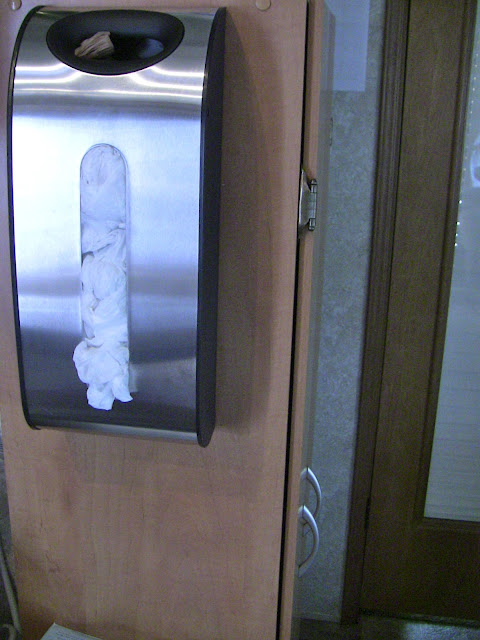[ This is a list we'll update from time to time, but hopefully it helps you save time and comparison shop. Please leave comments that help people find the best deals or best coverage. ]
The links should take you to their RV insurance pages. Good luck!
It is worth mentioning that Geico and Progressive both are PAYING for the top spot on Google when you search for "RV insurance".
Geico - Mr. Buffets company. I insure with them. I always have to CALL to get better insurance rates - they never lower the rates without me asking. Grrr. Also, they were not too smart and if you are not careful you'll get the wrong trailer (like a storage trailer - or work trailer) insurance. We were looking at a 'travel trailer'. People who are not IN the RV world do not understand the difference. I repeat - most people do not know that the word travel trailer MEANS if they are not in the RV world!!!!
[ update on Geico ] : I've since found out that they have their own rv insurance division that specializes in RV insurance. Make sure you ask for the RV division. It is located in North Carolina. Since I've found that division, I've had very good luck obtaining rv insurance quotes for my fifth wheel and for our puma travel trailer. They are also very familiar with rv usage modes and I've found them pleasant. I've also filed an
rv insurance claim with them very successfully and was impressed with their adjusting and claim process.
Allstate - Oddly, they call it Motorhome insurance, so I don't know if they won't insure travel trailers or fifth wheels. I wouldn't want anyone to waste their time - and I have to ASSUME that they don't or they would have said something different. I'm finding that if you go outside of the SCRIPT to the call centers their heads explode!
Nationwide - If you DIG deep, you'll find RV insurance on this site. When we moved my wife's Honda from Nationwide to Geico, we HALVED our insurance, so it would be interesting to see the difference.
Farmers Motorhome and
Farmers Travel Trailer. I think the fact that they view these separately might be a really good omen that as a company they've at least thought out the real differences. I think we'll definitely get a quote from these guys. I do think it is important to note that a Motorhome is an entirely different set of risks for an insurance underwriter providing rv insurance. This is very sensible for them to be in different divisions.
Progressive - These guys will insure yo mamma! They have snowmobile insurance and Segway insurance. How cool is that?
USAA - I've noticed that many RV'ers seem to be retired military. So it is really great that USAA offers this insurance. They called it Motorhome only, so I don't know about the pull types of rv insurance, but click the link to look them up.
Safeco - To be fair, this company is owned by Liberty Mutual. But I don't know if you would get a discount for multiple vehicles if you insured with both.
American Family Insurance - I couldn't get an RV link but they have RV insurance. It looks easy to get a quote too.
Maybe some noteworthy mentions next because they are companies you've heard of as well, but not so much around insurance...
GMAC - Yep. They seem to insure RV's!
Good Sam - Many of you are Good Sam members, so I can't help but think this would be an important mention to the RV community. It looks like GMAC and Good Sam are affiliated for offering insurance so having both of these here might not make sense.
MetLife - How cool is it that the life insurance company has some really good RV insurance pages?!
AARP / The Hartford - No real comments here.
The following companies did not seem to even think about RV's...
- State Farm - Mentioned boats, but nothing else, even under the "other" category.
- Liberty Mutual - Did a search on their site, and found one little tiny comment, but nothing else.
- Travelers - Ironically, the name 'Traveler' indicates they ought to do this but they don't. If you search for RV on their site, you'll find that they HAVE an RV for driving to areas that need lots of adjusting!
Cheers, M
 and we've been using it for several months now and have been thrilled with the product. On the links I'll point you to equivalents on Amazon.
and we've been using it for several months now and have been thrilled with the product. On the links I'll point you to equivalents on Amazon. 







